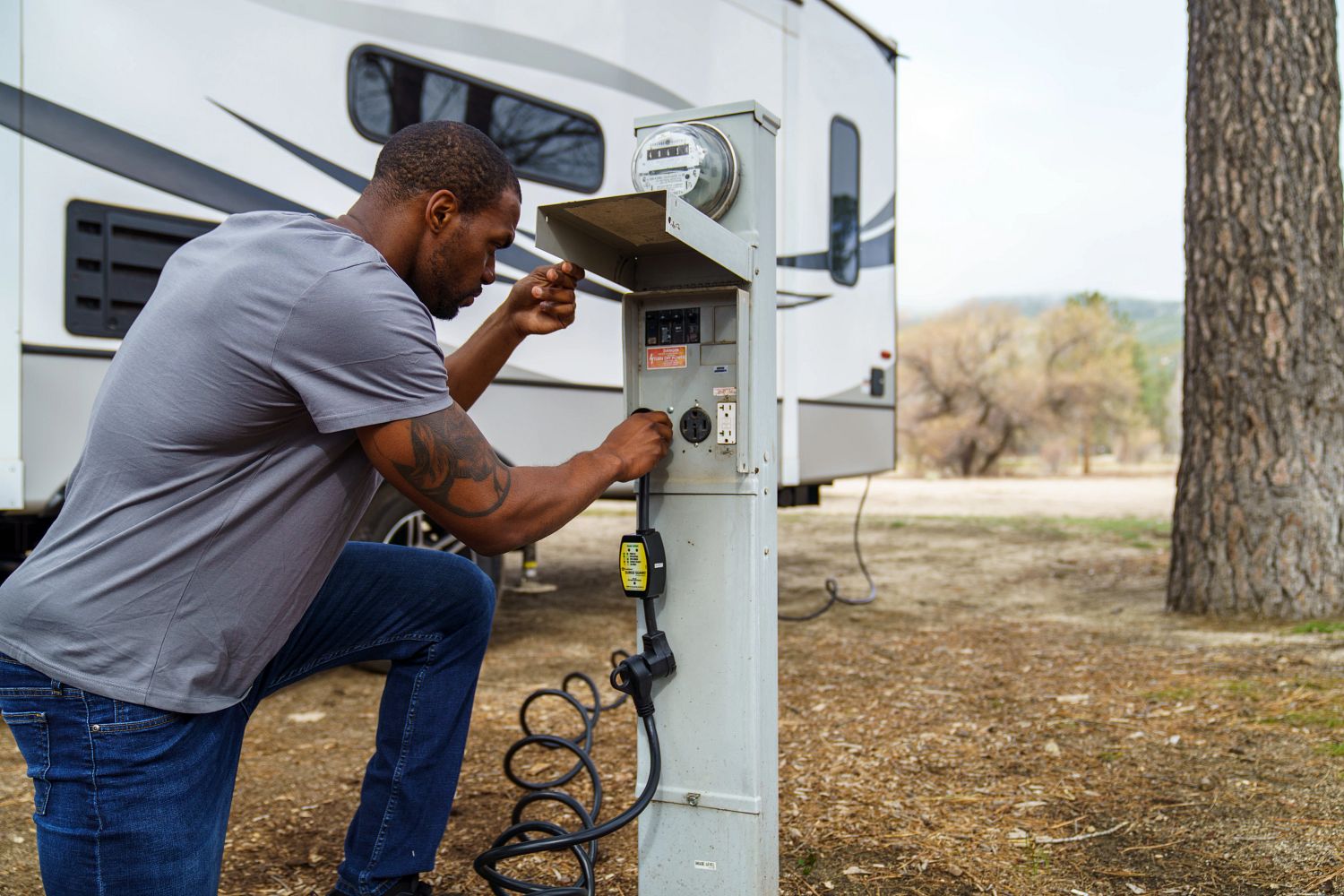

Articles
Why Do I Need A Surge Protector For My RV
Modified: February 22, 2024
Learn why it's crucial to have a surge protector for your RV and how it can protect your valuable articles from electrical damage.
(Many of the links in this article redirect to a specific reviewed product. Your purchase of these products through affiliate links helps to generate commission for Storables.com, at no extra cost. Learn more)
Introduction
Welcome to the world of RVing, where adventure meets the open road! If you’re an avid RV enthusiast or just starting to embark on your RVing journey, it’s crucial to understand the importance of protecting your valuable investment. One of the key components of ensuring the longevity and safety of your RV is utilizing a surge protector.
RVs, or recreational vehicles, offer a unique way to travel and experience the beauty of the world around us. From road trips to camping adventures, RVs provide us with the comfort and convenience of a portable home on wheels. However, it’s essential to remember that RVs are not immune to electrical issues and power surges.
In this article, we’ll delve into the world of RV electrical systems and why surge protection is vital for your RV. We’ll explore how surge protectors work, the benefits they provide, and the different types available on the market. Additionally, we’ll offer some valuable tips on choosing and installing the right surge protector for your RV.
So, let’s hit the road and dive into the fascinating world of RV surge protectors!
Key Takeaways:
- Protect Your RV Investment
Investing in a surge protector for your RV is crucial to safeguard your valuable appliances, electronics, and electrical system from potential damage caused by power surges and voltage spikes. - Ensure Safety and Peace of Mind
By utilizing a surge protector, you not only protect your RV from electrical damage but also reduce the risk of potential safety hazards, providing you with peace of mind during your RV adventures.
Read more: Why Do You Need A Surge Protector
Understanding RV Electrical Systems
Before we dive into the importance of surge protection for your RV, let’s first gain a basic understanding of how RV electrical systems work.
RV electrical systems consist of two main components: the AC system and the DC system. The AC (alternating current) system provides power to appliances like air conditioners, refrigerators, and microwave ovens, while the DC (direct current) system powers items like lights, fans, and water pumps.
When you’re parked at an RV campground or hooked up to an electrical source, you’ll typically connect your RV to a power pedestal or electrical outlet. This connection allows electricity to flow into your RV, powering your AC and DC systems.
However, it’s important to note that not all campgrounds or electrical sources offer consistent and reliable power. Power fluctuations, voltage spikes, and electrical surges can occur due to various reasons such as lightning strikes, faulty campground wiring, or nearby power outages.
These unexpected power issues can wreak havoc on your RV’s electrical system and the appliances connected to it. This is where surge protection comes into play.
Surge protectors act as the first line of defense, shielding your RV and its electrical components from damage caused by voltage surges. By intercepting and diverting excessive voltage, surge protectors prevent it from reaching your RV’s sensitive electrical system.
Now that we have a basic understanding of RV electrical systems, let’s explore why surge protection is crucial for your RV.
The Importance of Surge Protection
Surge protection plays a vital role in safeguarding your RV from the damaging effects of power surges. Here are a few key reasons why surge protection is essential for your RV:
- Protects Your RV’s Electrical System: The electrical system in your RV is not designed to handle voltage spikes or power surges. These surges can cause significant damage to your RV’s appliances, electronics, and wiring. Surge protectors act as a barrier, diverting excessive voltage away from your RV’s electrical system and preserving its integrity.
- Preserves Expensive Appliances and Electronics: Your RV is equipped with several valuable and sensitive appliances such as air conditioners, refrigerators, TVs, and audio systems. Power surges can destroy these expensive items in an instant, leaving you with costly repairs or replacements. Surge protectors help prevent such damage, saving you money and ensuring that your appliances and electronics last longer.
- Ensures Safety and Peace of Mind: Power surges and voltage spikes can not only damage your RV but also pose a safety hazard. Faulty wiring or overloaded circuits can lead to electrical fires, putting you and your loved ones at risk. Surge protectors provide an added layer of safety, reducing the chances of electrical accidents and allowing you to enjoy your RV adventures with peace of mind.
- Provides Protection Against External Factors: When you’re parked at a campground, you rely on the electrical infrastructure provided by the campground. Unfortunately, not all campgrounds have reliable or well-maintained electrical systems. Lightning strikes, faulty wiring, or power fluctuations can introduce voltage surges into your RV’s electrical system. Surge protectors shield your RV from these external factors, ensuring a stable and safe power supply.
Considering the investment you’ve made in your RV and its contents, it’s clear that surge protection is not something to overlook. It’s a small but powerful device that can save you from significant financial losses, electrical damage, and potential safety risks.
Now that we understand the importance of surge protection, let’s delve into how RV surge protectors work.
How RV Surge Protectors Work
RV surge protectors are designed to detect and divert excessive voltage away from your RV’s electrical system. They act as the first line of defense, preventing power surges from causing damage to your RV’s appliances and electronics. Let’s take a closer look at how RV surge protectors work:
- Voltage Monitoring: RV surge protectors constantly monitor the incoming voltage from the power source. They continuously analyze the voltage levels to ensure they are within safe limits. If the voltage exceeds the acceptable range, the surge protector takes action to protect your RV.
- Surge Diversion: When the surge protector detects a voltage surge or spike, it diverts the excess voltage away from your RV and into the ground. This prevents the surge from reaching your RV’s electrical system and causing damage. The surge protector typically uses metal oxide varistors (MOVs) or other similar components to absorb the excessive voltage.
- Diagnostic Functions: Many RV surge protectors come equipped with diagnostic features that provide valuable information about the electrical supply. They may include indicators for voltage levels, wiring faults, reverse polarity, and more. These diagnostic functions help you identify potential issues and take appropriate action to ensure your RV’s electrical system remains in top condition.
- Automatic Shutdown: In some cases, when a surge or other electrical issue occurs, the surge protector may automatically shut off the power supply to your RV. This helps protect your RV’s electrical system from further damage until the issue is resolved or the power source becomes stable again.
It’s important to note that surge protectors are different from power strips or extension cords with built-in surge protection. While these devices offer some level of surge protection for your electronics and devices, they do not provide the comprehensive protection that RV surge protectors offer. RV surge protectors are specifically designed to handle the unique electrical systems and power requirements of RVs.
Now that we have a good understanding of how RV surge protectors work, let’s explore the benefits they provide for your RV.
Benefits of Using Surge Protectors for RVs
Using surge protectors for your RV offers numerous benefits that enhance the safety, longevity, and enjoyment of your RVing experience. Here’s a closer look at the advantages of using surge protectors:
- Protects Sensitive Electronics: RVs are equipped with a range of sensitive electronics and appliances, such as TVs, computers, and charging stations. Surge protectors help safeguard these devices from voltage surges, ensuring they remain in good working condition and prolonging their lifespan.
- Avoids Costly Repairs and Replacements: Electrical damage caused by power surges can be costly to repair or replace. Surge protectors act as a barrier, preventing surges from reaching your RV’s electrical system and appliances. By using a surge protector, you can avoid expensive repairs and replacements, saving you money in the long run.
- Increases RV Resale Value: A well-maintained RV with proper surge protection is more appealing to potential buyers. By using surge protectors and keeping your RV’s electrical system protected, you can maintain its resale value and attract interested buyers when the time comes to sell.
- Peace of Mind: Knowing that your RV is protected by a surge protector gives you peace of mind during your travels. Whether you’re parked at a campground or boondocking in a remote location, you can rest easy knowing that your RV is safe from power surges and voltage spikes.
- Easy Installation and Use: Surge protectors for RVs are designed for easy installation and use. They typically plug into the campground power pedestal or electrical outlet and provide immediate protection. Most surge protectors also have indicator lights or diagnostic functions to let you know the status of the power supply and the condition of your RV’s electrical system.
Overall, using surge protectors for your RV is a wise investment that offers multiple benefits. They protect your sensitive electronics, prevent costly damage, increase your RV’s resale value, and provide peace of mind during your adventures.
Now that we’ve explored the benefits of using surge protectors, let’s take a look at the common types of RV surge protectors available on the market.
When choosing a surge protector for your RV, make sure it has a high joule rating to provide maximum protection against power surges. It should also have indicators to show if the power supply is safe to use.
Common Types of RV Surge Protectors
When it comes to choosing a surge protector for your RV, there are several options available to suit different needs and preferences. Here are some of the common types of RV surge protectors you’ll come across:
- Plug-In Surge Protectors: These surge protectors are the most common and easiest to use. They plug directly into the RV’s power cord, providing protection from power surges before the electricity flows into your RV’s electrical system. Plug-in surge protectors come in various amp ratings to match the power needs of your RV.
- Hard-Wired Surge Protectors: Hard-wired surge protectors are permanently installed into your RV’s electrical system. They offer a seamless and clean installation, typically near the RVs power distribution panel. Hard-wired surge protectors provide continuous protection and eliminate the need for separate plug-in devices.
- Portable Surge Protectors: Portable surge protectors are convenient and versatile for RVers who frequently change RVs or travel in different vehicles. These surge protectors are compact, lightweight, and easily transferable. They typically have a removable plug that allows you to connect them to the campground power pedestal.
- Integrated Surge Protectors: Some RVs come equipped with built-in surge protection, integrated into the electrical system. These surge protectors are specifically designed for the RV model and provide seamless protection without the need for external devices. If your RV has integrated surge protection, it’s essential to understand its capabilities and ensure it meets your needs.
- Smart Surge Protectors: Smart surge protectors incorporate advanced technology and additional features to enhance protection. They often include remote monitoring capabilities, smartphone connectivity, and built-in surge event counters. Smart surge protectors provide real-time data and notifications, allowing you to remotely monitor your RV’s electrical system.
Each type of surge protector has its advantages and considerations. Factors such as convenience, installation requirements, budget, and personal preference will influence your choice of surge protector for your RV.
Before purchasing a surge protector, it’s important to understand your RV’s power needs, including the amp rating and the number of appliances you typically use. This will help you select the appropriate surge protector that can handle your RV’s electrical load.
Now that we’ve explored the common types of RV surge protectors, let’s discuss some factors to consider when choosing the right surge protector for your RV.
Factors to Consider When Choosing an RV Surge Protector
When selecting an RV surge protector, it’s important to consider several factors to ensure you choose the right one for your specific needs. Here are some key factors to consider when selecting an RV surge protector:
- Amp Rating: Determine the electrical load of your RV by checking the amp rating of your power cord or electrical system. Choose a surge protector that matches or exceeds the amp rating to handle the power demands of your RV.
- Protection Level: Look for a surge protector that offers comprehensive protection against voltage surges, spikes, and other electrical issues. The surge protector should have multiple stages of protection and be able to handle various types of electrical abnormalities.
- Diagnostic Features: Consider surge protectors that provide diagnostic features such as voltage monitoring, indicator lights, or error codes. These features allow you to monitor the electrical supply, identify potential issues, and take necessary actions to protect your RV’s electrical system.
- Quality and Durability: Invest in a surge protector that is built to last. Look for surge protectors made with high-quality materials and durable construction, capable of withstanding harsh weather conditions, and offering long-term reliability.
- Ease of Use: Choose a surge protector that is easy to install and use. Plug-in surge protectors are typically easier to set up, while hard-wired surge protectors provide a seamless and permanent solution.
- Additional Features: Consider any additional features or capabilities you may need from your surge protector. This could include built-in surge event counters, smart technology, remote monitoring capabilities, or compatibility with surge protector accessories.
- Budget: Set a budget for your surge protector, keeping in mind that it is an investment in protecting your RV’s electrical system. Consider the long-term savings and protection it provides when evaluating the cost.
- Reviews and Recommendations: Research customer reviews and seek recommendations from fellow RVers or experts in the industry. This will help you gain insights into the performance, reliability, and customer satisfaction of different surge protector models.
By considering these factors, you’ll be better equipped to choose the right surge protector that meets your RV’s power requirements and provides the necessary protection for your electrical system.
Now that we’ve covered the important factors to consider, let’s move on to some installation and usage tips for RV surge protectors.
Installation and Usage Tips for RV Surge Protectors
Proper installation and usage of your RV surge protector are crucial to ensure optimal protection and performance. Here are some tips to keep in mind:
- Follow the Manufacturer’s Instructions: Read and understand the installation and usage instructions provided by the surge protector manufacturer. Different models may have specific requirements, so it’s important to follow the guidelines provided.
- Locate the Power Pedestal: When connecting your RV to a campground’s electrical supply, locate the power pedestal and familiarize yourself with it. Ensure it is in proper working condition before plugging in your surge protector.
- Plug-In Surge Protectors: For plug-in surge protectors, connect them to the campground’s power pedestal first, then plug your RV’s power cord into the surge protector. This allows the surge protector to monitor and protect the incoming electrical supply before it reaches your RV.
- Hard-Wired Surge Protectors: If you have a hard-wired surge protector, consider having it professionally installed by a qualified electrician. This ensures a proper and secure connection to your RV’s electrical system.
- Regularly Inspect Your Surge Protector: Periodically inspect your surge protector for any signs of damage or wear. Look for frayed wires, loose connections, or other issues that could affect its performance. If you notice any damage, consult the manufacturer for guidance.
- Use Surge Protection Accessories: Consider using additional surge protection accessories such as surge suppressors for individual appliances or voltage regulators, depending on your specific needs. These accessories can provide an extra layer of protection for sensitive electronics.
- Monitor the Indicator Lights: Pay attention to the indicator lights or diagnostic features of your surge protector. They provide valuable information about the status of the electrical supply and the condition of your RV’s electrical system. If you notice any abnormal readings or indicators, investigate the issue or consult a professional.
- Disconnect During Electrical Storms: During severe electrical storms, it’s recommended to disconnect your RV from the power source, including the surge protector. This helps minimize the risk of lightning strikes or power surges affecting your RV’s electrical system.
Following these installation and usage tips will ensure that your RV surge protector functions properly and provides the necessary protection for your RV’s electrical system.
Now, let’s address some frequently asked questions (FAQs) about RV surge protectors.
Frequently Asked Questions (FAQs)
1. Is a surge protector necessary for my RV?
Yes, a surge protector is highly recommended for your RV. It protects your RV’s electrical system from voltage surges and spikes, preventing damage to appliances and electronics. It also ensures your safety and offers peace of mind during your travels.
2. Can I use a regular power strip as a surge protector for my RV?
No, it is not recommended to use a regular power strip as a surge protector for your RV. Regular power strips may not provide the necessary surge protection and can potentially cause damage to your RV’s electrical system. It’s best to invest in a surge protector specifically designed for RV use.
3. Can I use a surge protector in all types of weather conditions?
Most surge protectors are designed to withstand various weather conditions, but it’s important to check the manufacturer’s specifications. Some surge protectors have better protection against moisture, heat, or cold. Consider purchasing a surge protector with a weatherproof rating if you frequently camp in extreme weather conditions.
4. How often should I replace my RV surge protector?
The lifespan of an RV surge protector can vary depending on usage and environmental factors. However, as a general guideline, it’s recommended to replace your surge protector every 3-5 years or if it shows signs of damage or wear. Regular inspections and maintenance are essential to ensure your surge protector continues to provide reliable protection.
5. Can I use a surge protector with my generator?
Yes, you can use a surge protector with your generator. In fact, it is recommended to protect your RV’s electrical system from voltage irregularities that can occur when using a generator. Ensure that the surge protector you choose is compatible with both the power pedestal and the generator you are using.
6. Can I use multiple surge protectors in my RV?
While it is technically possible to use multiple surge protectors in your RV, it is generally not necessary. One properly-installed surge protector at the point of connection to the power source is typically sufficient to protect your RV’s electrical system. Using multiple surge protectors may cause interference or complicate the electrical setup.
Remember, if you have more specific questions or concerns about surge protectors for your RV, consult the manufacturer’s guidelines or seek advice from a qualified RV technician.
With these FAQs addressed, let’s wrap up our discussion.
Conclusion
Investing in a surge protector for your RV is essential for protecting your valuable investment and ensuring a safe and enjoyable RVing experience. By understanding RV electrical systems and the potential dangers of power surges, you can appreciate the importance of surge protection.
A surge protector serves as a vital barrier between the unpredictable electrical supply and your RV’s sensitive electrical system. It prevents voltage spikes and surges from damaging appliances, electronics, and wiring, saving you from costly repairs and replacements.
When choosing a surge protector, consider factors such as amp rating, protection level, diagnostic features, quality, ease of use, and your budget. There are various types and models available, including plug-in, hard-wired, portable, and smart surge protectors, each offering unique advantages and installation options.
Proper installation, regular inspection, and adhering to usage guidelines are crucial for optimal protection and performance of your surge protector. Monitoring the indicator lights, disconnecting during electrical storms, and considering additional surge protection accessories can further enhance the safety and reliability of your RV’s electrical system.
Remember, a surge protector is not just a device—it’s an investment in the longevity and safety of your RV. It provides peace of mind, protects your valuable appliances and electronics, and ensures a smooth and worry-free RVing experience.
So, before you hit the road on your next adventure, make sure to equip your RV with a reliable surge protector. Your RV and its electrical system will thank you.
Frequently Asked Questions about Why Do I Need A Surge Protector For My RV
Was this page helpful?
At Storables.com, we guarantee accurate and reliable information. Our content, validated by Expert Board Contributors, is crafted following stringent Editorial Policies. We're committed to providing you with well-researched, expert-backed insights for all your informational needs.
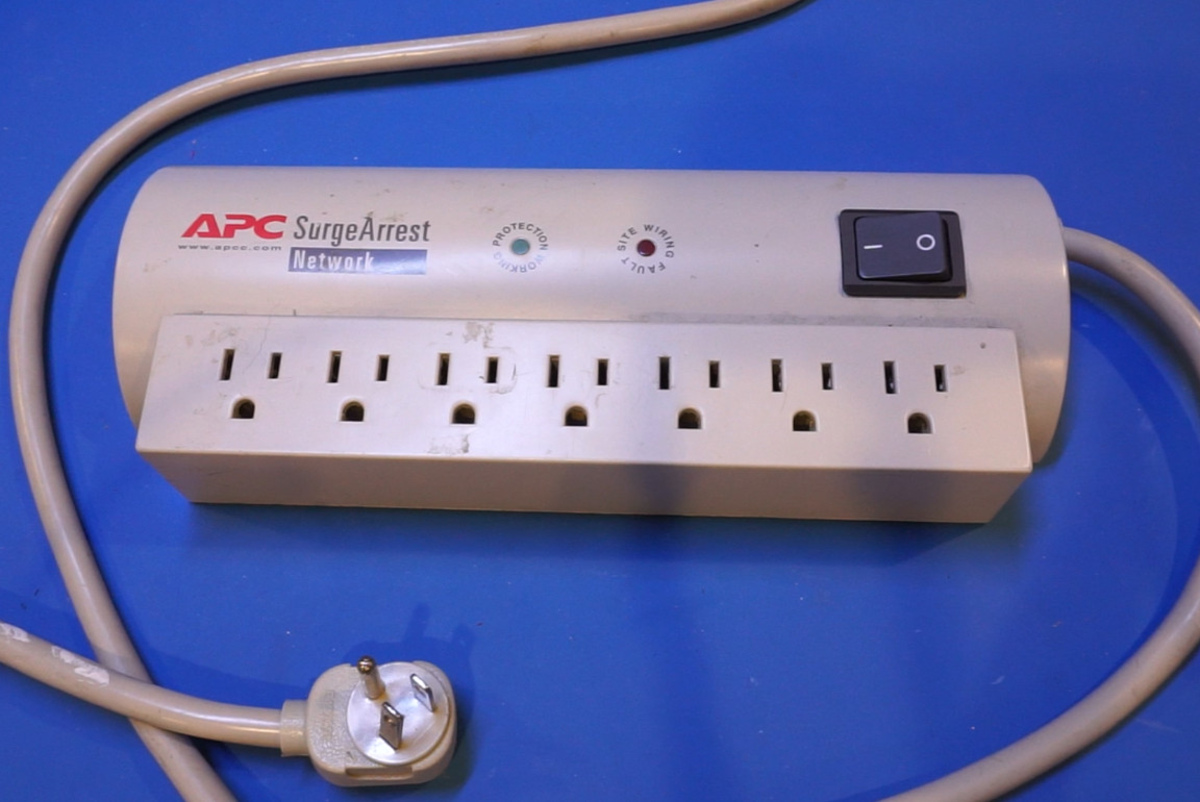
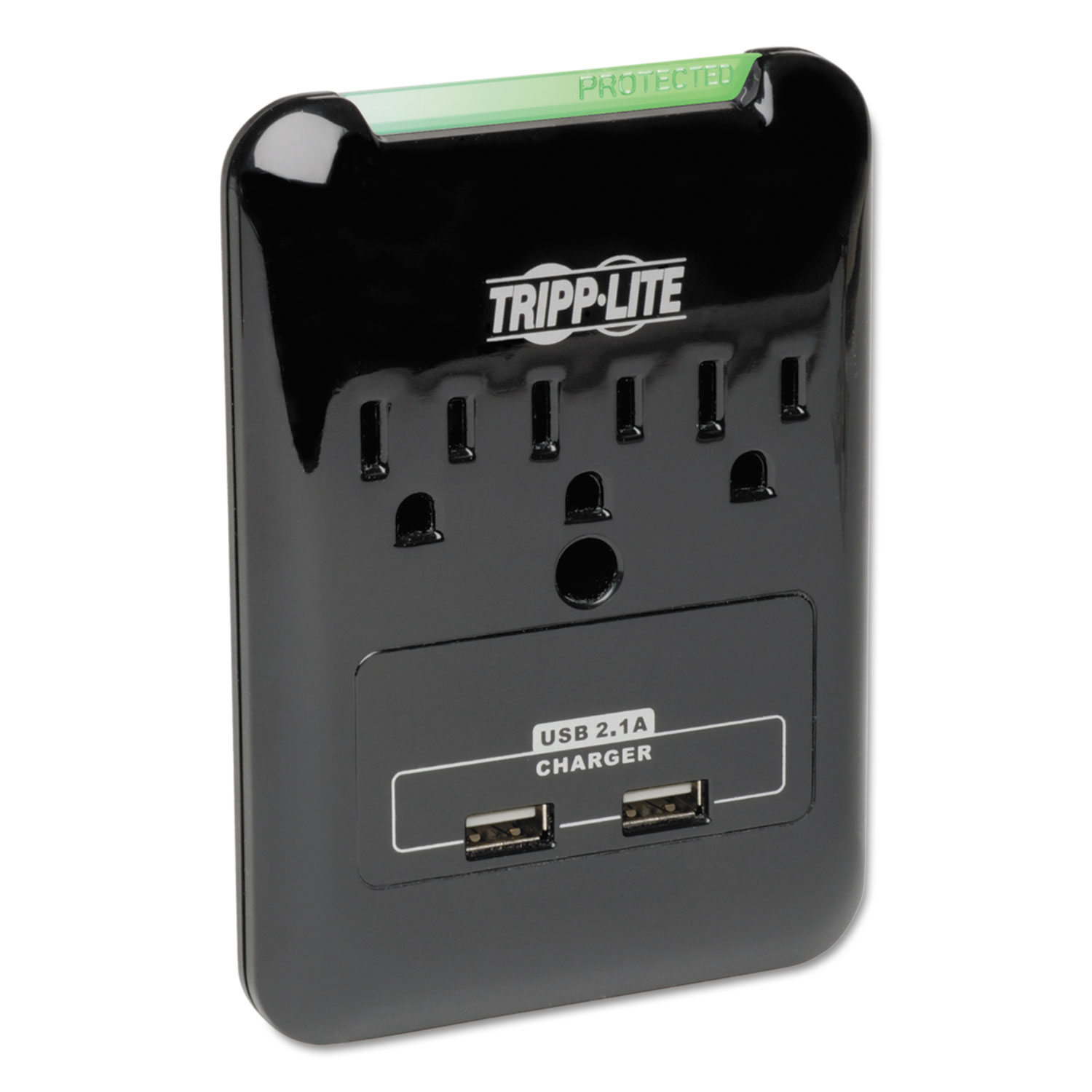
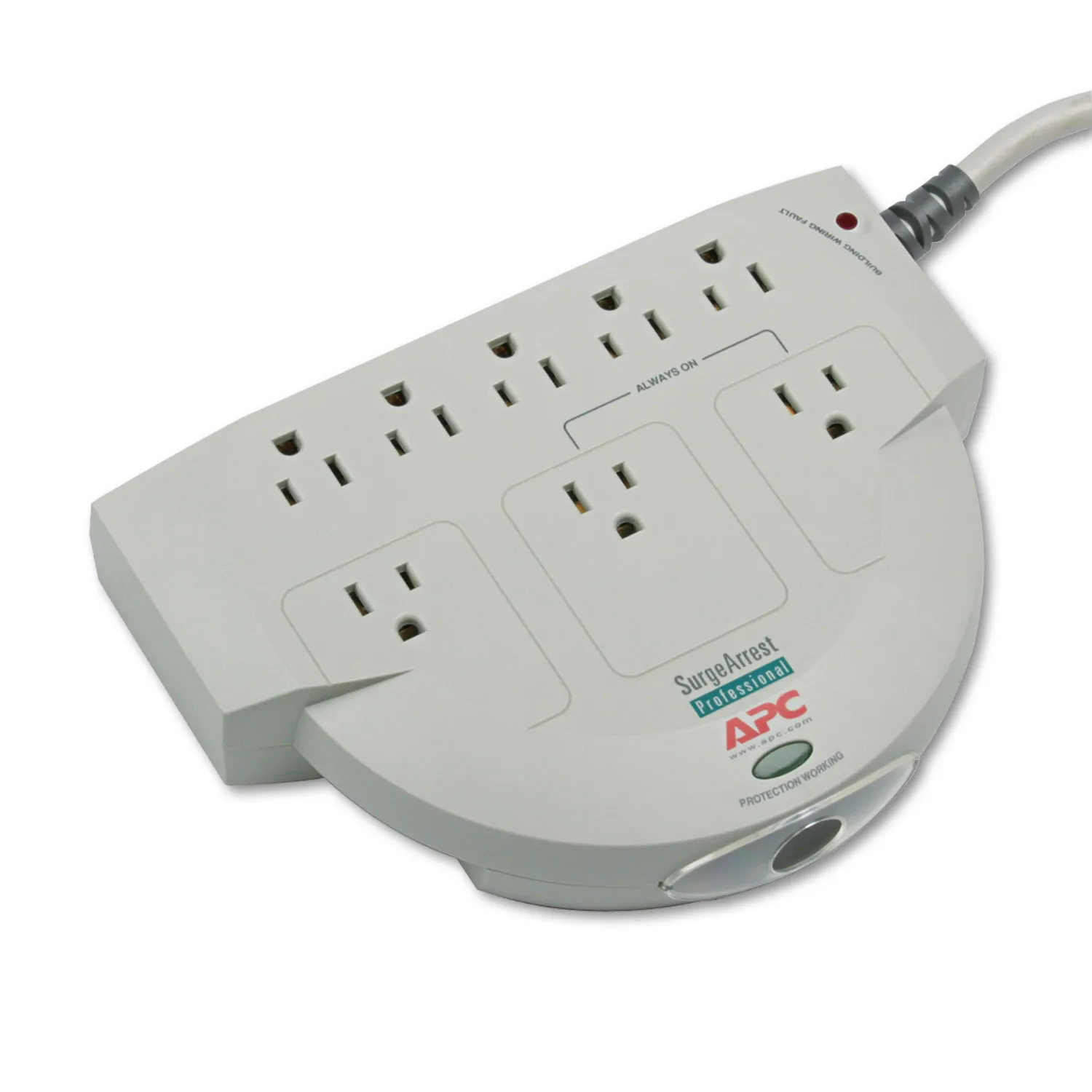
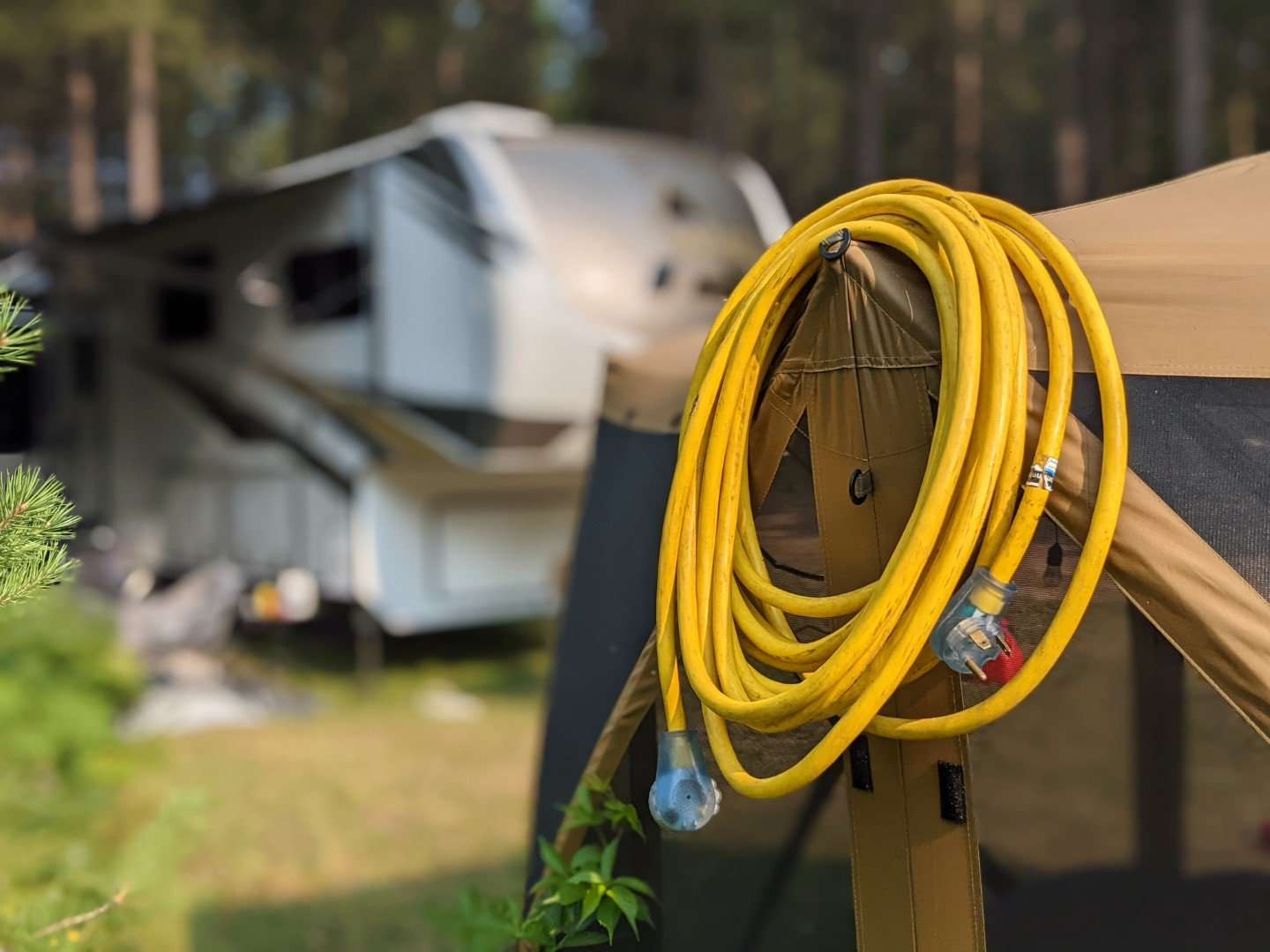
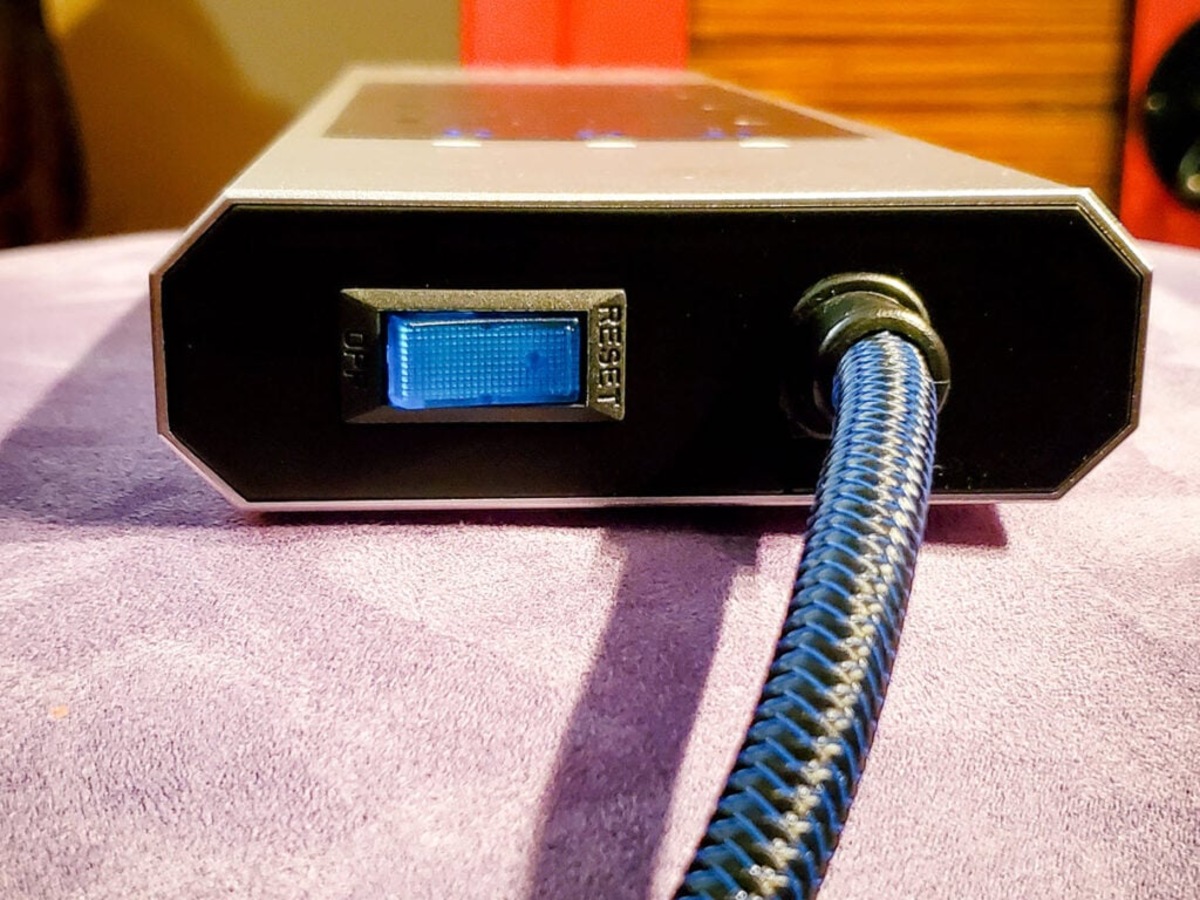
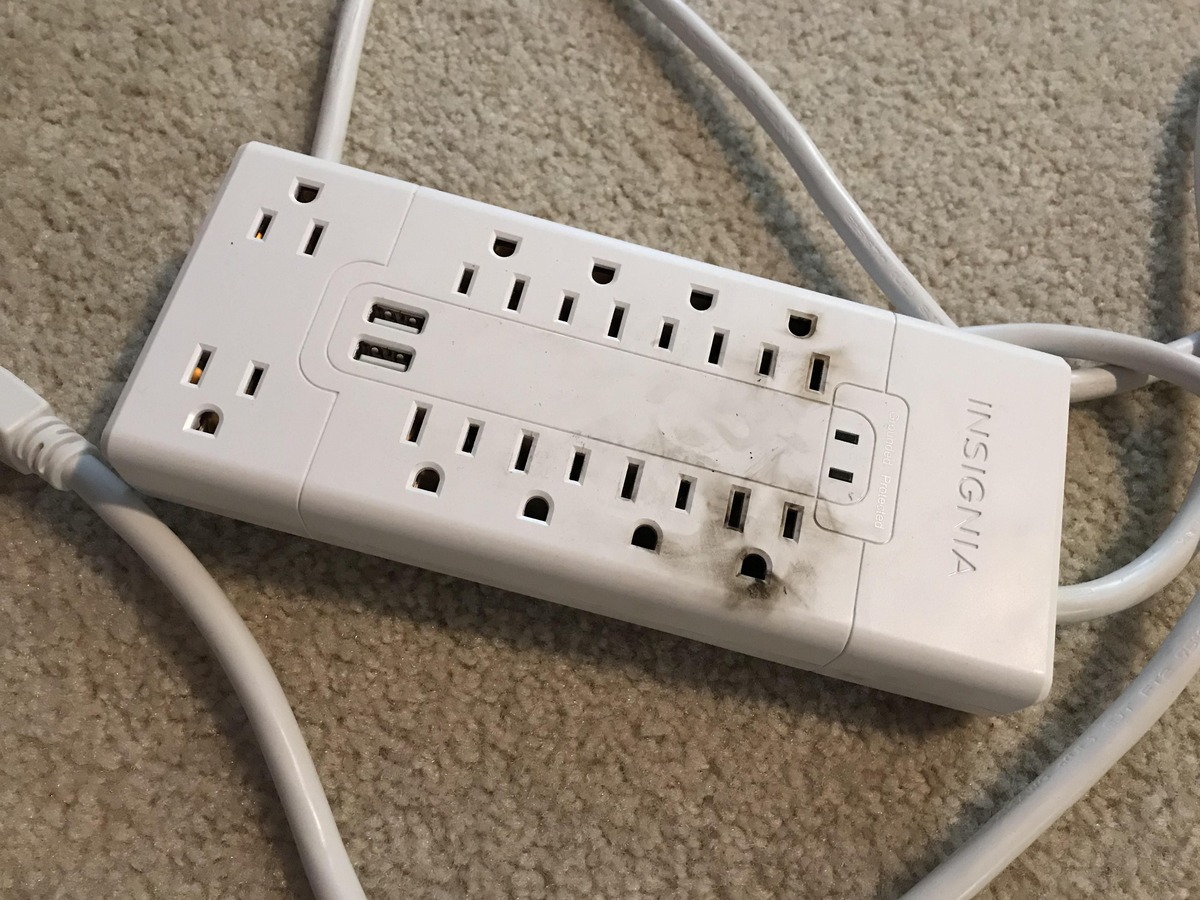
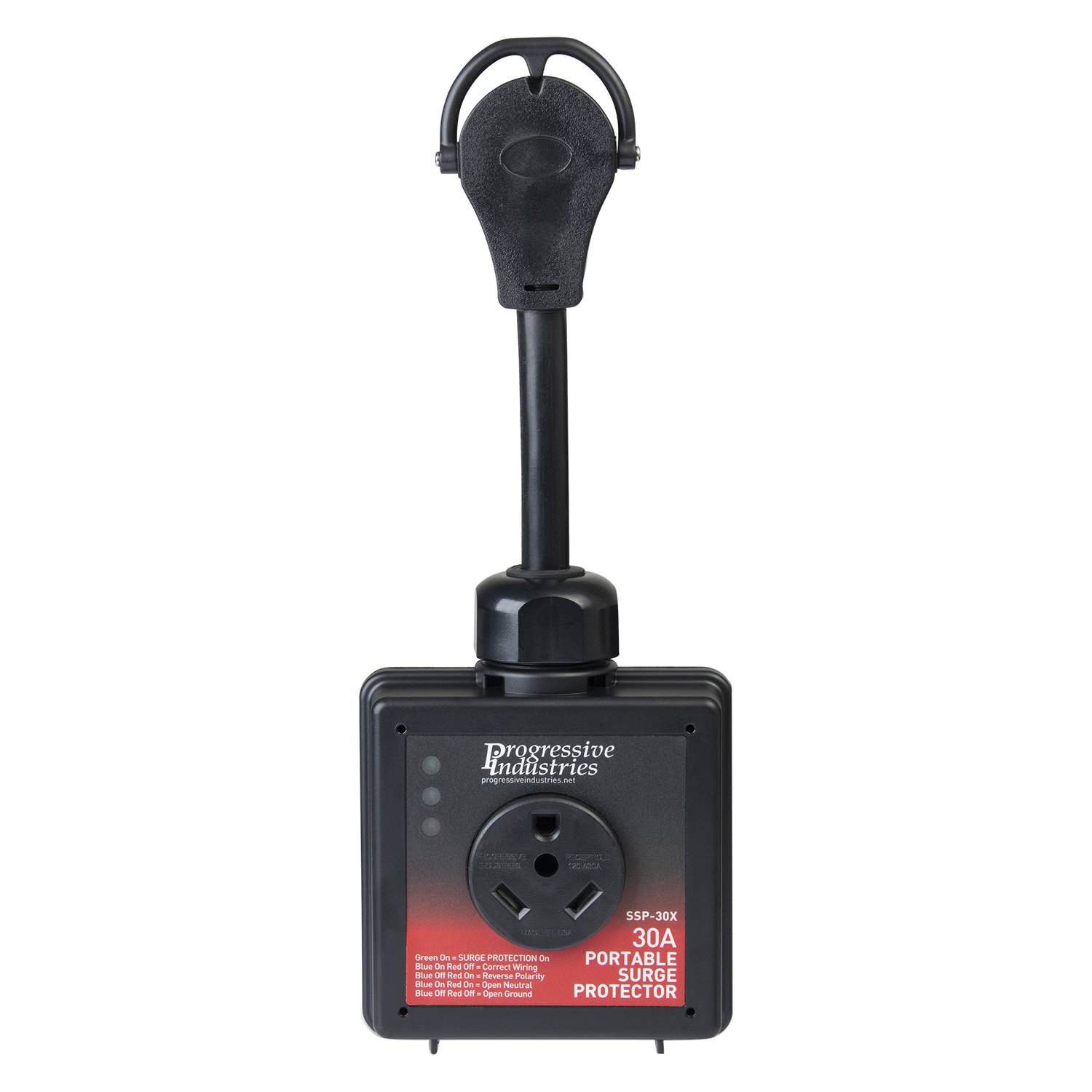
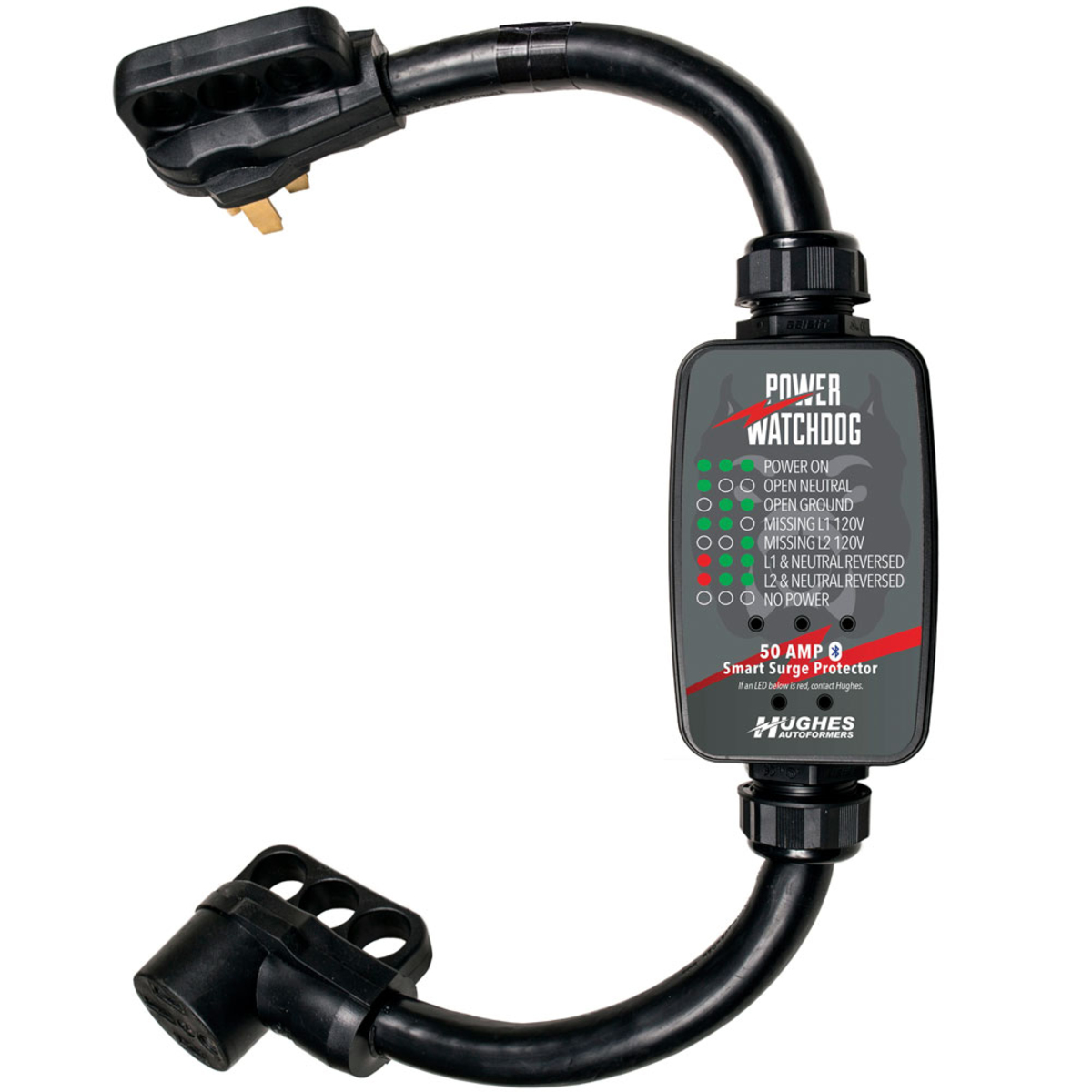
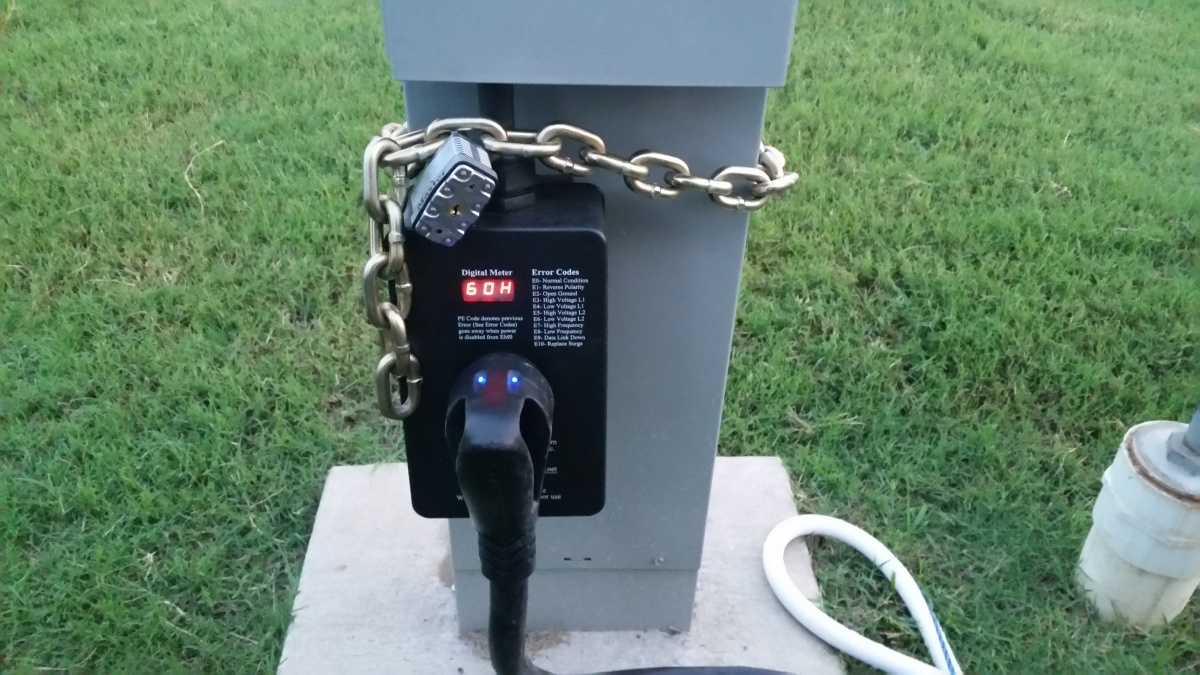
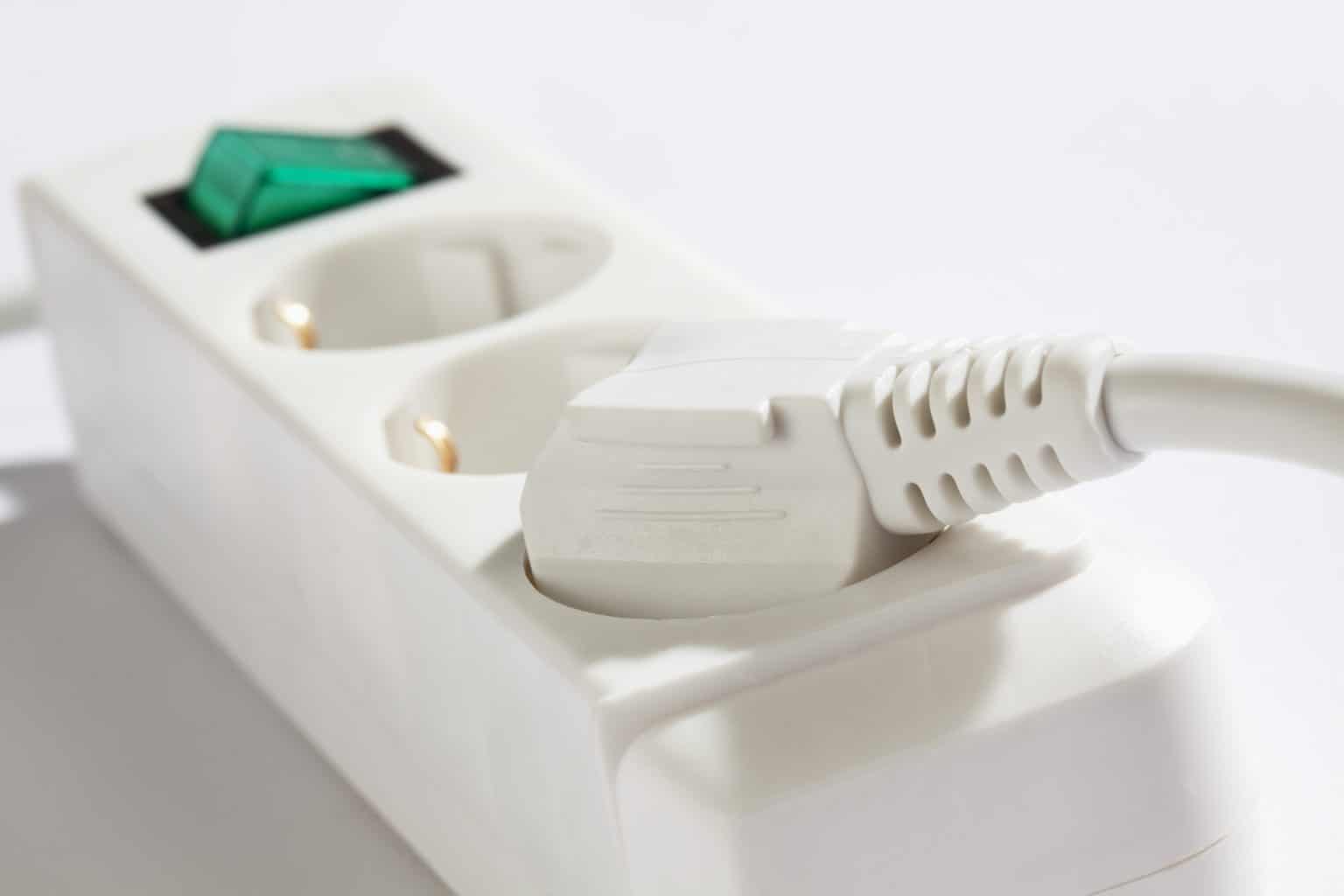
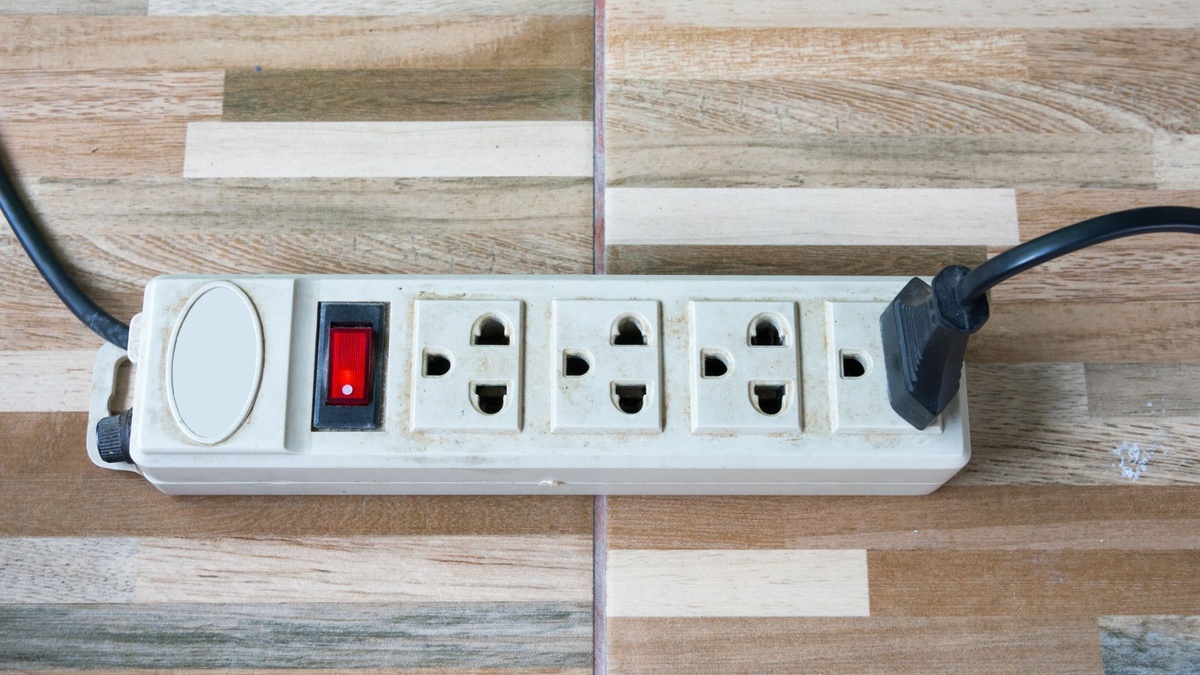
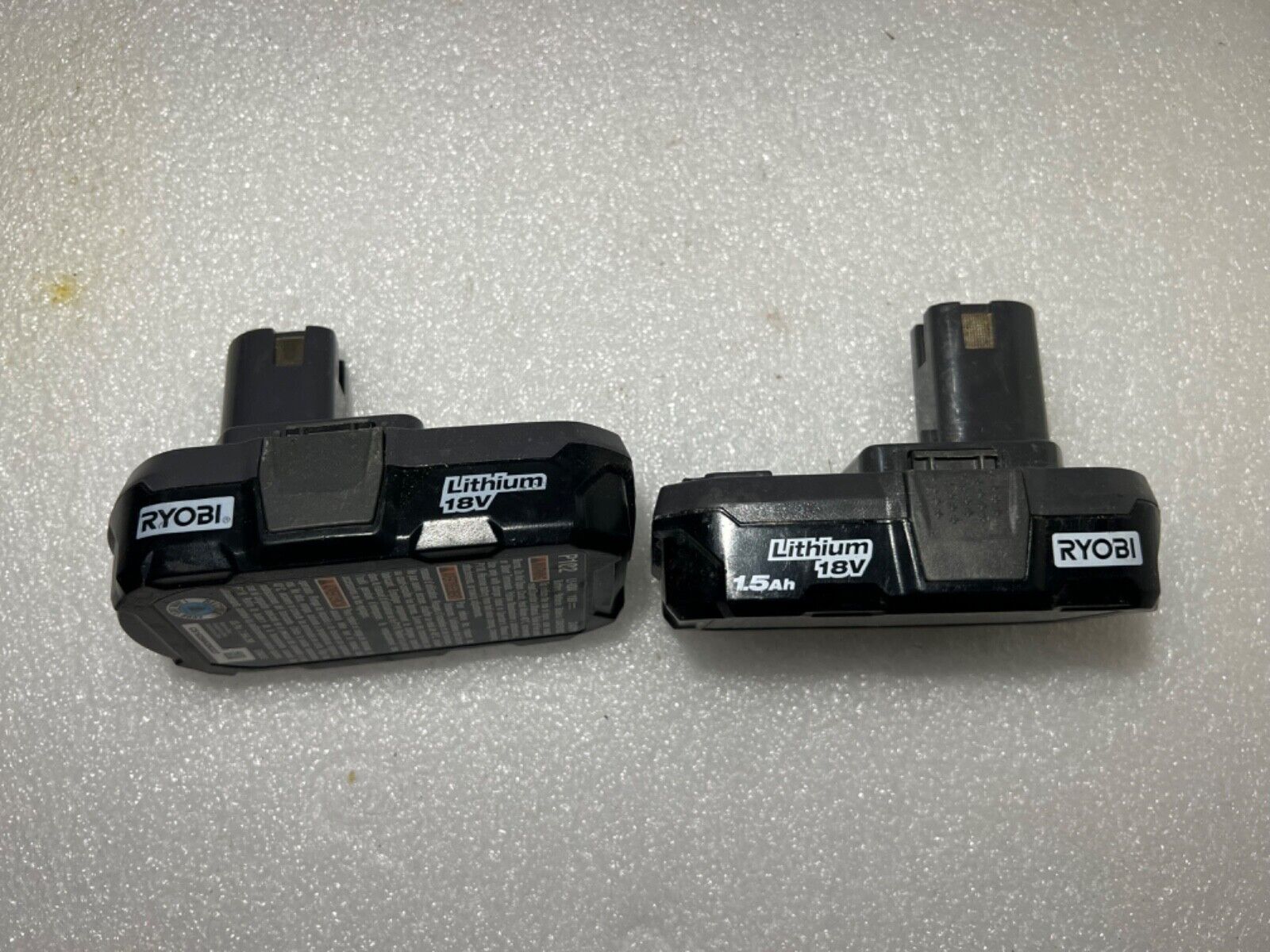
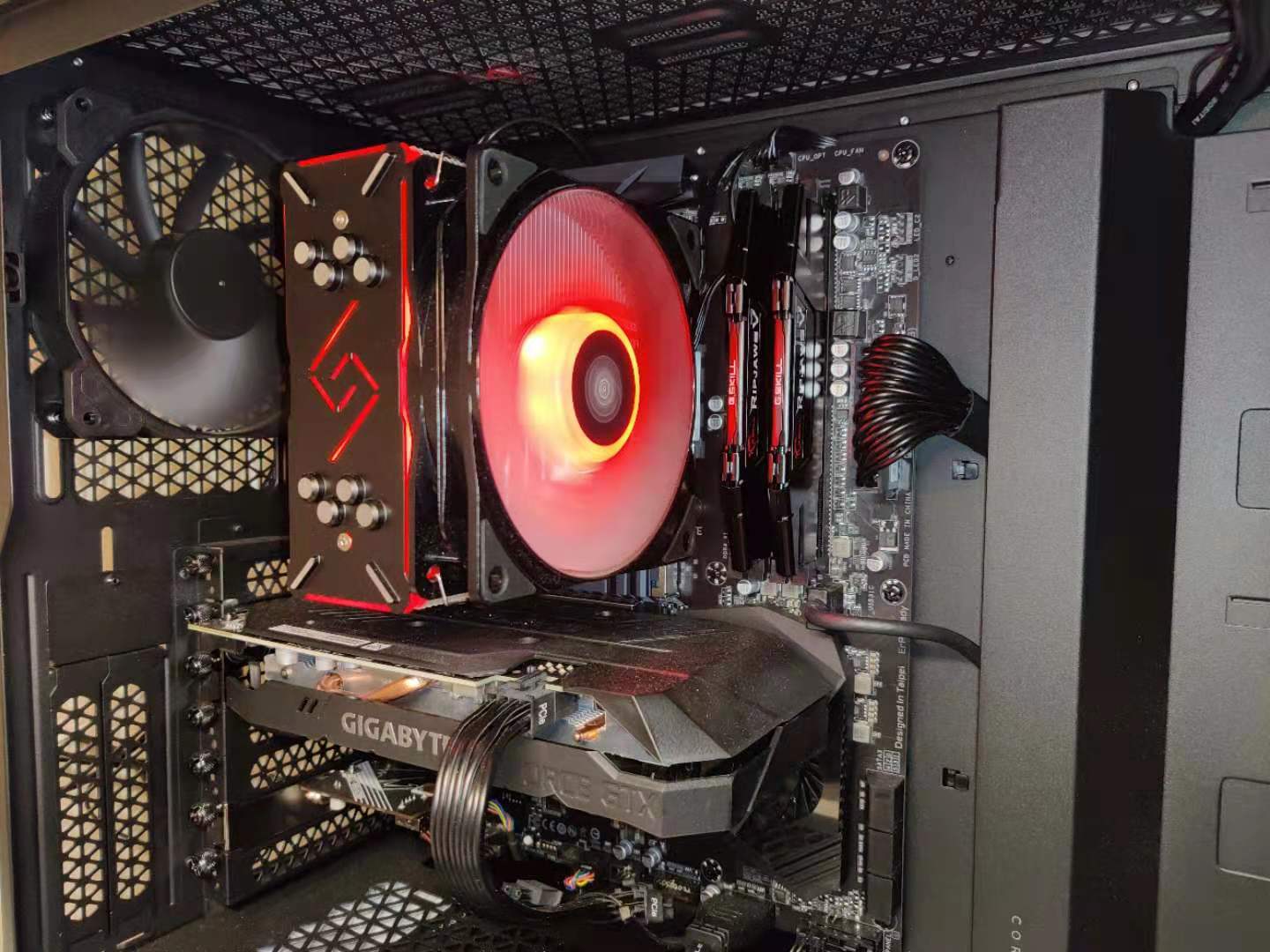

0 thoughts on “Why Do I Need A Surge Protector For My RV”